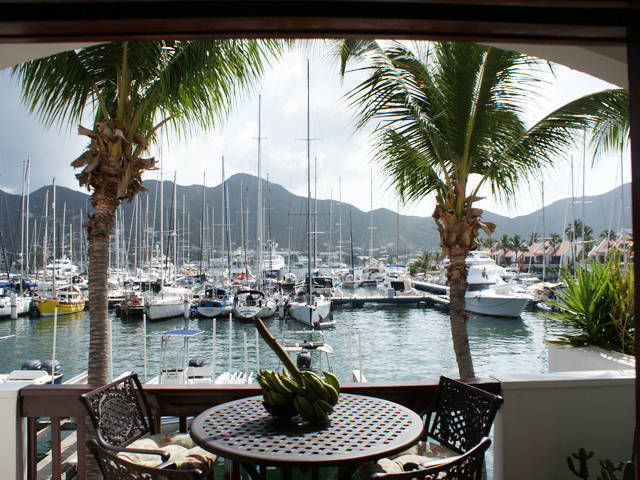The potential of the yachting industry in the Caribbean

Whilst Caribbean economies claim to be looking out for opportunities to diversify their economies, in practice, they have been slow to grab the opportunity that is presented by yachting.
By Robbie Ferron
The yachting industry is a more complex industry than stay-over accommodation or cruise ships and this complexity is a big part of the reason for the slow take-up. The yachting industry is also highly stable and offers high paying employment when the appropriated skills are offered, something that is often mentioned as a criterion for new industries to be considered in the Caribbean. Much of the employment also stimulates skill development.
Some territories are blessed with well-endowed geography to suit yachting and some are without that geography. Dominica and mainland St. Vincent fall into the latter category. Antigua, Grenada, St. Maarten and the BVI are in the former.
The industry is really a set of industries, connected only by the fact that a floating vessel is common in all. The “cruisers”, the superyachts, the day-charter industry are all very different with different economic drivers and challenges.
The complexity of the industry would appear to be the most significant factor for Caribbean island nations. The territories that have done the best in recent years are those where policies are influenced by locals who have a high level of insight into the industry.
The manner in which different territories recently dealt with the opening up of the territories after the lockdown provides insight into government capabilities in sustaining or growing this sector.
The “cruising” part of the yachting industry involves a flotilla of boats of which a great many cruise the islands in the winter season but return to the southern islands when the hurricane season approaches. But this season these islands had closed their ports in connection with the coronavirus even though many were opening up when the season started.
The territories of Grenada and Aruba both created an opportunity that yachts could come in as long as they quarantined for a period on their yachts without contact ashore (usually 14 days), thereby attracting business whilst bearing no risk. Other territories, like Trinidad and Curacao, decided they were closed and even though there was no infection risk when quarantining takes place (can be supplemented with testing), they deprived their marine industries of significant business.
The willingness of governments to understand this industry and appoint parties with insight into their policy-making institutions is a major factor. They must be prepared to explore yachting suitable solutions in the fields of immigration, indirect taxation, marketing, and infrastructure investment in a manner that develops the industry and advances the country’s economic and social interests. Again and again, one sees non-flexible policies undermining potential simply because it involves approaching a problem in a different manner.
The costs of facilitating the industry are relatively small compared to the costs of firstly attracting other attractive industries for diversification. Many of the niche industries that would be worth attracting would involve costs from a “standing start”. The yachting industry already has many years of operation in the islands and there are in some cases data on what the industry produces and costs. (Some islands have simply not collected the obvious data.) The islands already know what the industry can produce in some respects; with facilitation and management, it could be significantly more but in any event more predictable than currently untested options.


























